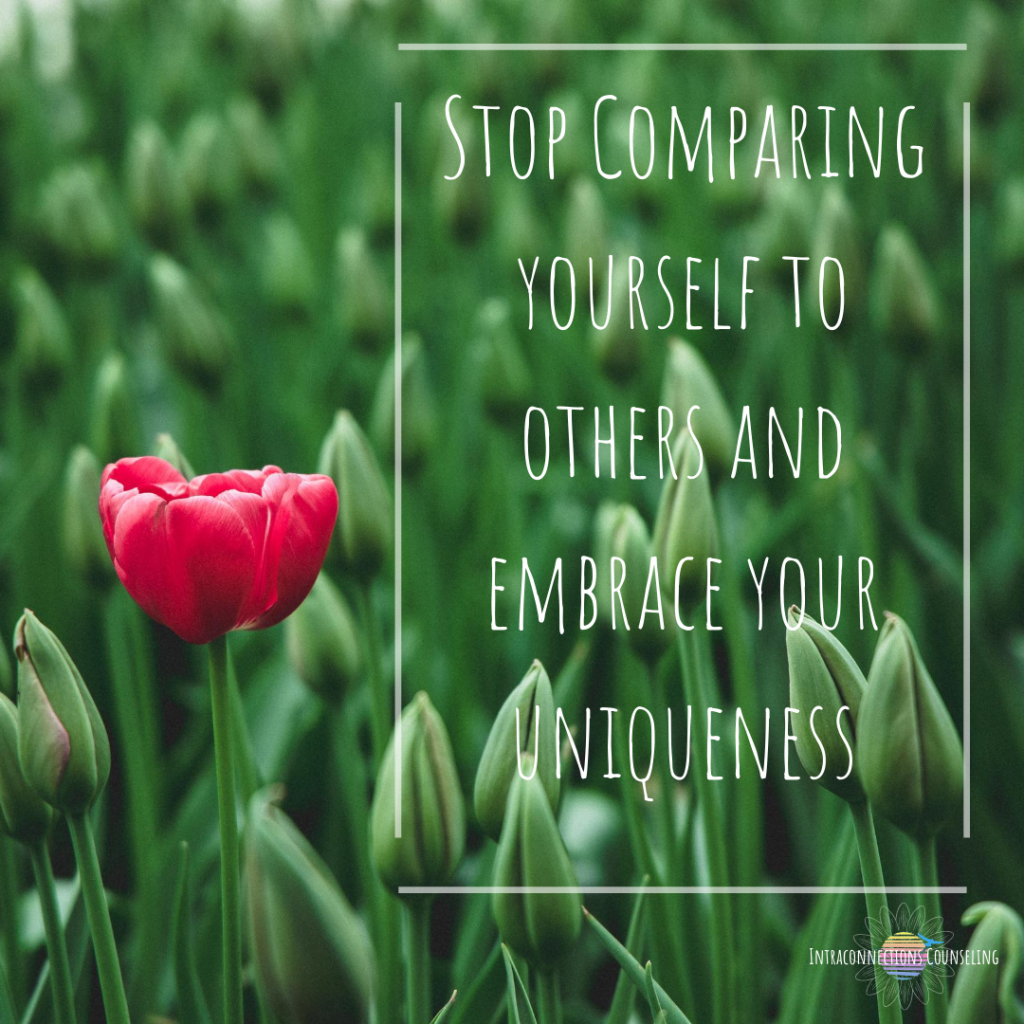
Don’t we all want to find happiness in life? To be truly content with the way we’re living and the person we are?
Happiness is a tricky thing for many people to put their finger on. For some, it seems to come naturally. For others, it really doesn’t. And while some of those reasons are outside of our control, some of them aren’t. Experts have studied for many years the link between our behaviors and happiness levels and found that some things make us happy and some things don’t. If you’re searching for happiness and contentment in life, it could be getting lost in your everyday habits.
Waiting for everything to go your way
“Did anyone else’s parents ever tell them?”. “Nothing in life is going to fall into your lap.”
Mine certainly did. And I hated them saying it. But the older I get, the more I realize that they were right. There are a lot of things in life that are just beyond your control. On the other hand, there are a great number of other things that are entirely under your control.
When I’m feeling a little down or powerless, I like to make a list of all the things I can control, and it always surprises me with just how long it is!
When your job is going badly, no one is going to change it for you. You have to find a way to make it work, or you have to make time to search for a new job. If you’ve always wanted to take up running, someone else isn’t going to come along and motivate you to run. You have to decide to get outside and start running.
A friend of mine has been single for years but also isn’t on any of the dating apps, never talks to guys when she’s out, and doesn’t really do anything to meet new people.
She frequently expresses her dissatisfaction with the fact that she is not in a relationship and is unable to locate a partner. Every time, I jokingly remind her that she isn’t really doing much to find anyone.
Staying in your comfort zone instead of taking risks

Staying in your comfort zone might feel safe, but it’s when you step out of your comfort zone that results in exciting experiences and personal transformation. The key is to push yourself beyond your comfort zone and use uncertainty as an opportunity to better yourself and grow.
For example, when you’re young, there’s no reason not to move to a different country if you want to (and they let you). It’s incredible how much you can learn when you’re constantly put on the spot and have to think on your feet.
But whatever you do, you need to be true to yourself and your values, even if it means not everyone will agree with your choices. Embrace your uniqueness and prioritize your own well-being and happiness.
Procrastinating instead of taking action
When you keep putting things off, you’re basically hitting pause on your own progress. You are postponing your opportunity to learn and develop into a better person when you procrastinate.
I did this for many years as I delayed getting my degree, then again delayed moving to a bigger city where all the opportunities were, and later on deterred getting married for stupid reasons.
I simply kept making BS excuses, even though I ended up doing all of the above. However, I lost years of progress because I kept procrastinating. But making excuses is often a defense mechanism to avoid confronting difficult things. Or at least the things we perceive as difficult.
It is not possible for me to say that I have entirely stopped putting things off, but I can say that I am far more productive now than I was in the past.
Ultimately, taking responsibility for your actions is a crucial step towards personal growth. It allows you to learn from your experiences and become a more accountable and reliable individual.
Complaining and overthinking instead of finding solutions

I’m famous for overthinking things and especially for constantly complaining. Yeah, I’m a real peach to live with. Complaining is like venting when things bug you, which is totally normal. But here’s the deal: it usually doesn’t fix the problem.
Make an effort to think like a person who is a fixer-upper rather than just complaining.Your attention should be shifted to identifying solutions. Become your own do-it-yourself (DIY) expert first. By using this attitude, you will experience a greater sense of control and will be able to actively work toward improving the situation.
Now, overthinking is like when your brain goes into overdrive, dissecting every little detail of a decision. But let’s be real: not every decision in life needs to be flawless.
Sometimes, it’s better to trust your gut, make a call, and learn from the results. It’s kind of like trial and error—you figure out what works best as you go along, and that’s usually more practical than getting stuck in analysis paralysis.
Now, if I only took my own advice, my partner would be over the moon.
Negative self-talk instead of self-empowerment
You know that voice in your head? Well, it’s a big deal. Having someone constantly remind you that you are not good enough can have a significant impact on both your self-confidence and your level of happiness.
So, instead of beating yourself up, try being your own cheerleader. Focus on what you’re good at, and go easy on yourself. But to do that, you must let go of any grudges you have.
Maintaining a grudge against someone from the past is like dragging around a hefty rucksack full of boulders. It is challenging, and it causes you to remain mired in the past. As does thinking about what you could have done differently or missing the good old days.
As I see it, it’s natural to reflect, but dwelling on it too much steals your joy in the here and now.
Constantly comparing yourself to others instead of celebrating your uniqueness

When you’re scrolling through social media, does it seem to you like everyone else has it all together? Do you start feeling like you’re falling behind? Comparing yourself to others is a never-ending race in which you can never quite catch up to them. This is a comparison trap.
But what I wish I realized earlier is that we’re all on our own journeys, and they’re as unique as our fingerprints. Rather than getting caught up in the game of comparison, making an effort to appreciate what it is that makes you, well, you is a much more satisfying activity.
Your quirks, your talents, and your accomplishments are what make you special. Celebrate them.
Remember that there is no predetermined timetable for achievement. Also, if you truly want to make changes in your life, you need to stop comparing yourself to other people.
Staying in places where you’re unhappy
You are doing your mental health a disservice if you continue to be in a friendship group, relationship, work, or even a house where you are struggling to find happiness. Neither is it beneficial to your life in any way!
If you’re serious about changing your life, staying where you’re unhappy is a habit you need to ditch—and quickly.
It is possible that this will require you to take some rather extreme actions, such as ending your relationship with someone you no longer love, stopping your phony friends, relocating out of your current residence, or completely switching jobs.
I am aware that these things need a great deal of effort. In the event that you are dissatisfied with the current state of affairs in your life and you have a strong desire to make changes, it is possible that you will need to make some adjustments.
Don’t make any rash decisions, of course. Think things through and make a plan. And then get yourself far, far away from the things that make you unhappy!
Putting others’ needs first instead of taking care of yourself

Put on your oxygen mask before helping others.”
Helping others is a wonderful thing, no doubt. But here’s the thing: if you keep putting everyone else’s needs ahead of your own all the time, you’re heading for a crash.
It’s like running on an empty tank—you can’t keep going forever. So, the trick is to strike a balance. By taking care of yourself, you’re not being selfish; you’re recharging your batteries.
When you’re in a good place, you can help others more effectively. It’s like they say on an airplane: “Put on your oxygen mask before helping others.” In the event that you take care of yourself, you will be in a better position to provide a helping hand when it is truly needed.
Focusing on things you can’t control
There are a million things in life we can’t control. But there are also a million things we can control!
Which one do you think about more? If it’s the former, this might be a problem. Focusing on the things you can’t do anything about is never a good idea.When we get the impression that we do not have control over our lives, we do not feel well.
And mindset is everything in turning this around. When you feel bogged down by your every day and crave a change, stop ruminating on things you can’t control.
Instead, make a list (mentally or physically) of all the things you can control. And start controlling them in a way that feels good for you. Don’t go overboard and try to control everything, as this can make you feel worse.
Start small—with things like your clothes, hairstyle, and what time you wake up in the morning—and take it from there.
Worrying about things that might never happen instead of enjoying the moment
Think about all those times you’ve caught yourself stressing over things that might never even happen. We’re all guilty of it. We’re so busy worrying about the future that we miss out on the good stuff happening in the present.
And while planning ahead is important, it shouldn’t steal the joy from today. Taking a moment to be mindful and really soak in the present can actually make us a lot happier. Plus, if you worry about all the things that could go wrong, you’ll never get off your couch and make a difference in your life.
Here’s how I change my life when I want to (and so can you)

Set clear goals
Defining objectives that are both clear and explicit is analogous to establishing a destination on the trip that is your life. You will have a sense of purpose and direction as a result of it.
For example, in your career, you might set a goal to get a promotion or start your own business.
In terms of your health, you could aim to lose a certain amount of weight or run a marathon. In relationships, you might want to improve your communication with loved ones or learn how to talk to people better.
The key is to make these goals as specific as possible, so you know exactly what you’re striving for.
Break it down
But once you have these big goals, it can be overwhelming to think about the entire journey ahead. That’s why breaking your goals into smaller, more manageable steps makes them less intimidating.
For instance, if your goal is to start a business, the smaller steps could include market research, creating a business plan, and finding funding. This approach makes your goals more achievable and allows you to track your progress.
Take action
The execution of your plans is the focus of this stage of the process. Even if your first activities appear to be insignificant, they are significant.
In your career, it could mean updating your resume or networking with professionals in your field.
For health goals, it might involve taking a 10-minute walk each day or preparing healthier meals.
In relationships, it could be as simple as setting aside quality time with your loved ones.
The key is to start somewhere and keep moving forward, no matter how small the steps seem.
You only need to improve your performance by one percent every day, and the magic of compound interest will take care of the rest.
In Conclusion!
When you’re feeling down in the dumps, the way you’re living your life might not be doing you any favors. But you can turn your life around whenever you want, provided you really want to. Change requires time, effort, and, most importantly, commitment.
